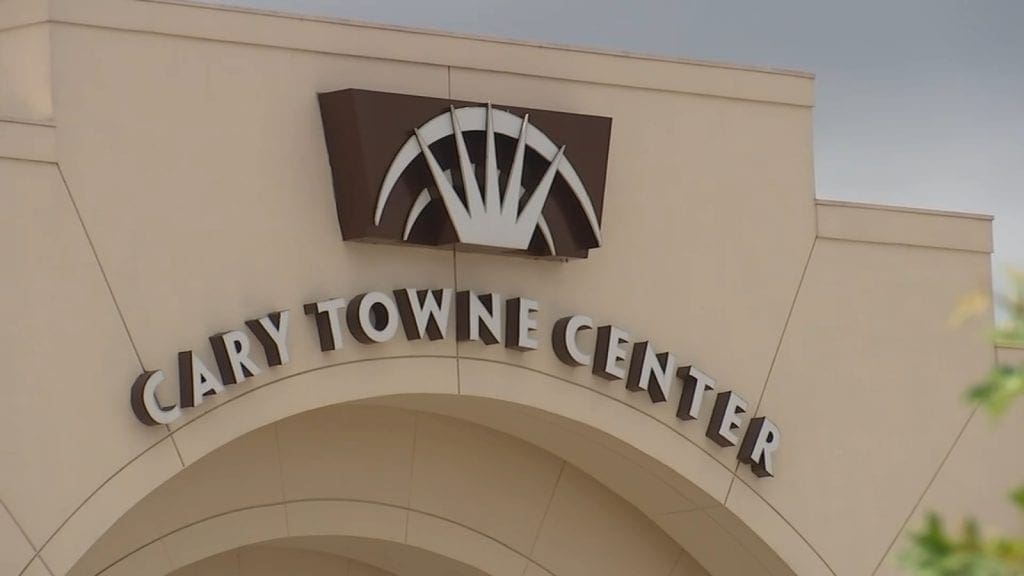The TikTok ban remains uncertain, even after an appeals court dismissed the company’s claim of First Amendment protection.
ByteDance, the app’s parent company, has requested an emergency injunction from the US Supreme Court to counter a law mandating that TikTok be sold to a US company or face a ban.
A brief overview of the TikTok ban controversy
The issue began in 2020 when former President Trump declared he would prohibit TikTok in the US unless the app was sold to an American entity by September that year. The deadline was pushed back twice before it was ultimately allowed to lapse without any enforcement.
This year, Congress re-engaged with the situation, introducing new legislation aimed at either banning TikTok in the US or forcing its sale to a US-owned firm. ByteDance subsequently initiated legal action against the government, arguing that the potential ban would violate their First Amendment right to free speech.
The court case concluded earlier this month, with judges unanimously dismissing the constitutional argument.
TikTok seeks emergency injunction from the Supreme Court
This court decision left ByteDance’s only recourse as an appeal to the US Supreme Court, yet the ban is set to be enforced next month before any potential hearing could take place.
To circumvent this, the company has sought an emergency injunction to halt the ban’s implementation prior to its final appeal hearing. The Guardian provided an overview of the arguments contained in their legal filing.
In their Supreme Court filing, TikTok and ByteDance asserted: “If Americans, fully aware of the purported risks of ‘covert’ content manipulation, choose to continue engaging with TikTok, the First Amendment protects their right to make that decision, free from governmental censorship.”
“Should the ruling of the DC circuit remain, Congress could easily restrict any American from expressing themselves by merely citing some perceived risk that their speech is influenced by a foreign entity,” they further stated.
They contended that being shuttered for even a single month could result in TikTok losing approximately a third of its US user base, thereby adversely affecting its capacity to attract advertisers and recruit talent.
Identifying itself as one of the “most significant platforms for speech” in the US, TikTok argued that there is no immediate national security threat, and that delaying the law’s enforcement would allow the Supreme Court time to assess the legality of the ban, along with allowing the incoming Trump administration to review the legislation as well.
Trump reportedly meets with TikTok CEO
The initial threat of the ban originated from then-President Trump, who later reversed his stance by vowing to save the app. NBC News reported yesterday that Trump met with the CEO of TikTok on the same day.
President-elect Donald Trump is engaging with TikTok CEO Shou Zi Chew on Monday, as discussions regarding a potential US ban on the video platform continue, according to sources familiar with the plans.
Trump expressed a “warm spot” for TikTok during a news conference earlier in the day, indicating, “we’ll take a look” at the app and the possible ban.
Trump partly attributed his electoral success to TikTok, despite the inaccuracies in his claim.
During his Monday news conference, Trump did not mention his meeting with Chew but remarked that he believed his electoral win was influenced by his TikTok presence. “I won youth by 34 points. Some say TikTok played a role in that,” he mentioned. Trump, however, lost support among voters aged 18-29, according to national exit polling.
Image: StrongChimp Bower/DMN
: . More.




